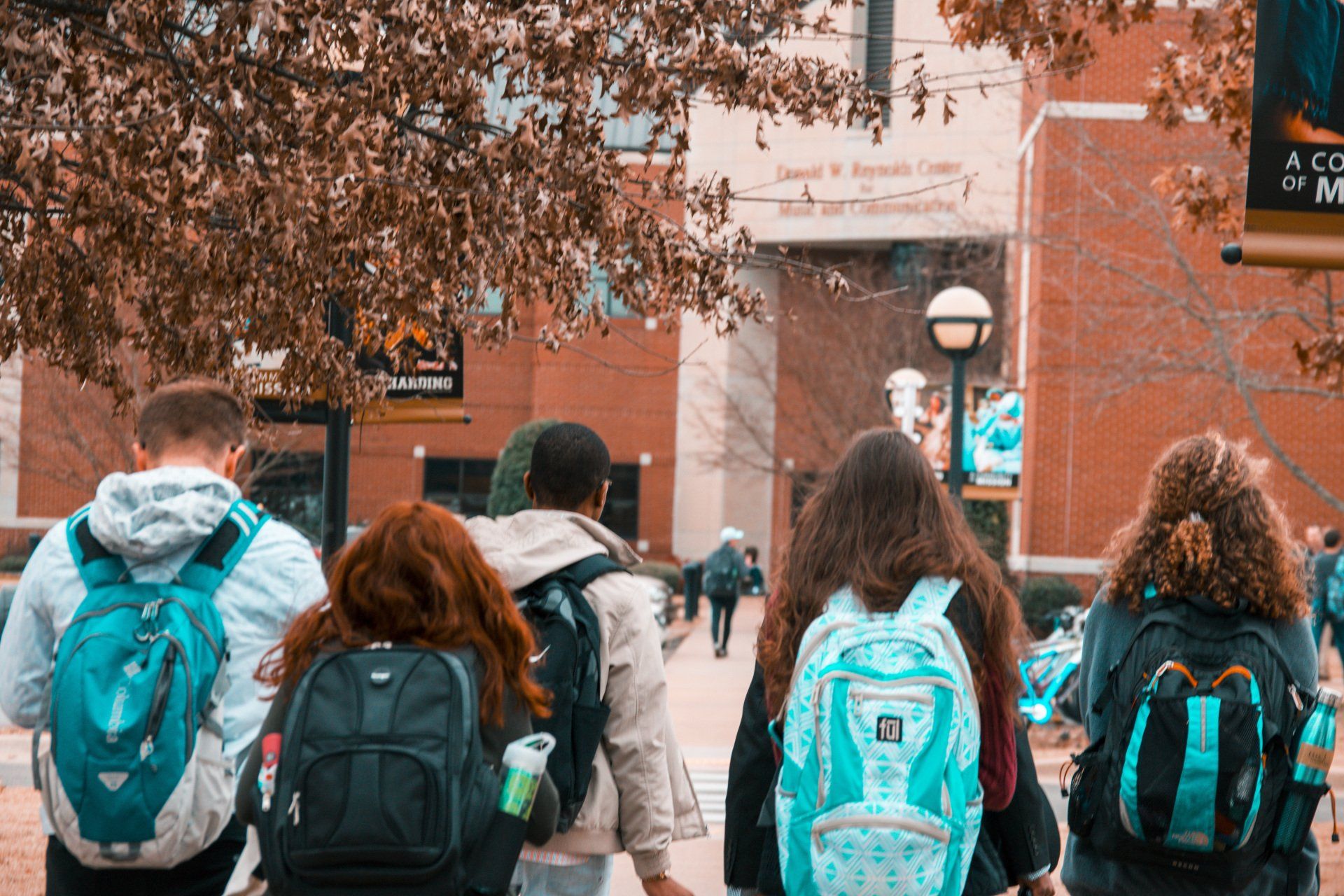20 Ways to Overcome Social Anxiety and Thrive During the School Year

With its myriad academic, social, and extracurricular demands, the school year can be filled with excitement and growth. However, it also brings forth a daunting and persistent challenge for many students: social anxiety. The pressures of school, ranging from academic performance to peer interactions, can exacerbate feelings of unease and self-doubt, making even the most routine social encounters seem like insurmountable hurdles. The fear of judgment and criticism looms large, hindering students from fully embracing the opportunities for personal development that school offers. Those grappling with social anxiety may feel overwhelmed and isolated as they navigate the corridors, classrooms, and lunchrooms. Yet, it's important to recognize that social anxiety doesn't have to be a permanent barrier to growth and fulfillment. With patience, determination, and the implementation of effective strategies, students can conquer their anxieties and thrive in the school environment. Here are 20 ways to beat social pressure for the school year, empowering students to step out of their comfort zones and cultivate meaningful connections while fostering a positive and enriching educational experience.
- Set small, achievable goals: Start with simple social interactions and gradually work up to more challenging ones.
- Practice deep breathing: When anxious, take slow, deep breaths to calm your nervous system.
- Challenge negative thoughts: Recognize and challenge the negative thoughts that fuel your anxiety. Replace them with positive and realistic ones.
- Exposure therapy: Gradually expose yourself to anxiety-provoking situations in a controlled way, facing your fears gradually.
- Join clubs or groups: Participate in activities that interest you, which can provide a supportive and enjoyable environment for socializing.
- Seek support from friends: Share your feelings with close friends who can understand and offer encouragement.
- Professional help: Consult a therapist or counselor specializing in anxiety to receive guidance and support.
- Mindfulness and meditation: Practice mindfulness to stay present and reduce anxiety. Meditation can also help calm your mind.
- Focus on others: Instead of worrying about yourself, actively listen and converse with others.
- Work on self-compassion: Be kind to yourself and understand that everyone makes mistakes in social situations.
- Role-play: Practice social interactions with friends or family members to build confidence.
- Use positive affirmations: Remind yourself of your strengths and capabilities through positive affirmations.
- Limit caffeine and sugar: These substances can increase anxiety levels, so it's best to consume them in moderation.
- Get enough sleep: Ensure a consistent sleep schedule to promote well-being and reduce anxiety.
- Exercise regularly: Physical activity can help reduce anxiety and improve your mood.
- Limit social media use: Excessive consumption can contribute to feelings of inadequacy and anxiety.
- Volunteer or help others: Engaging in altruistic activities can provide a sense of purpose and boost self-confidence.
- Learn relaxation techniques: Practice progressive muscle relaxation to ease tension and stress.
- Use visualization: Imagine succeeding in social situations to build confidence and reduce anxiety.
- Celebrate your progress: Acknowledge and celebrate your achievements, no matter how small, as you work to overcome social anxiety.



